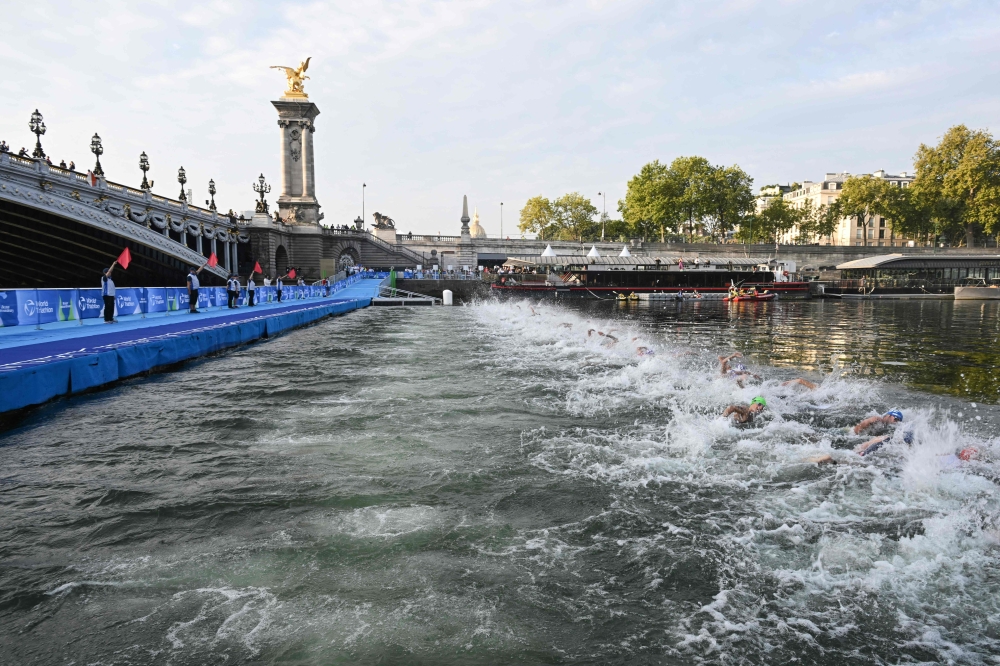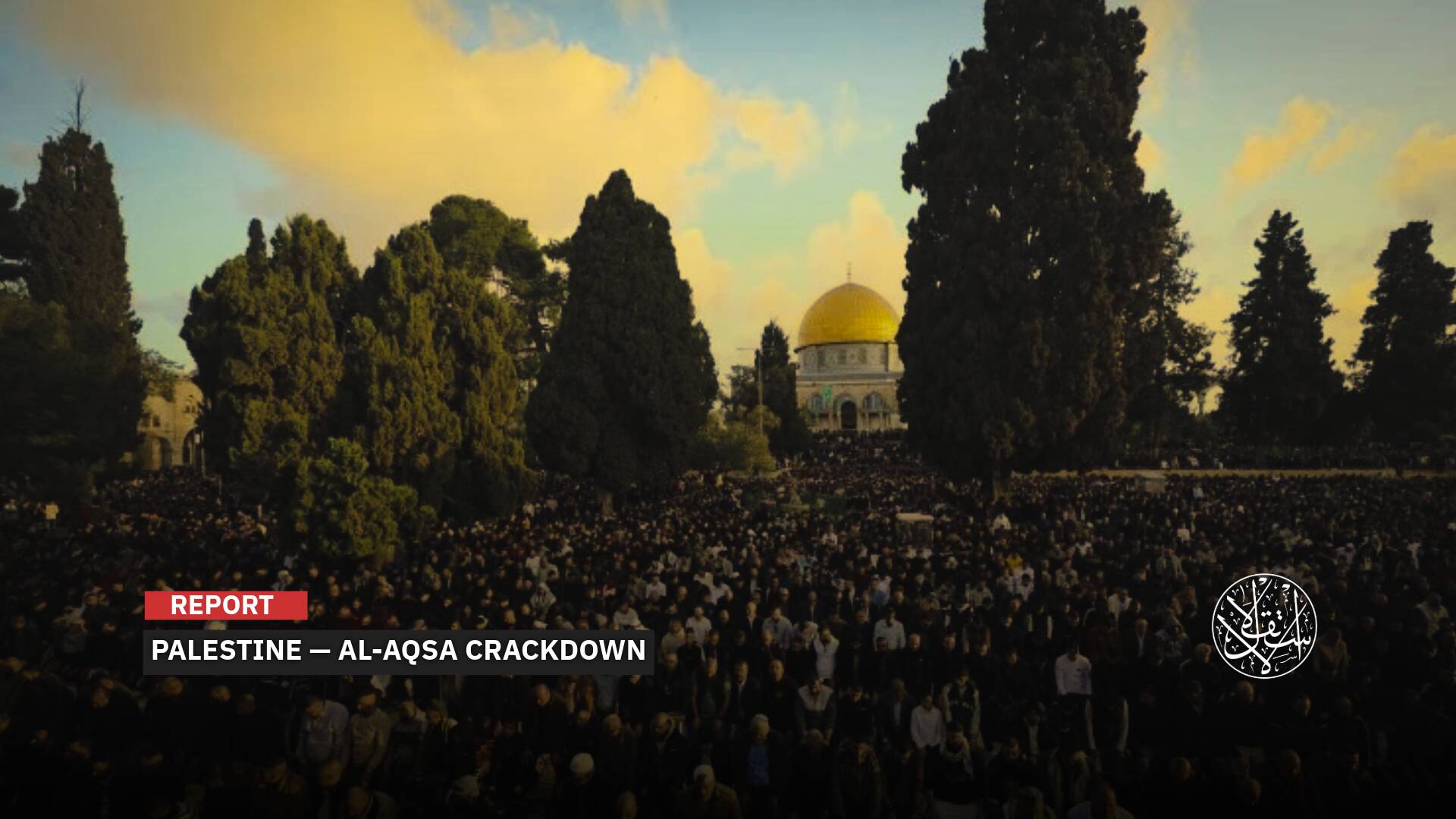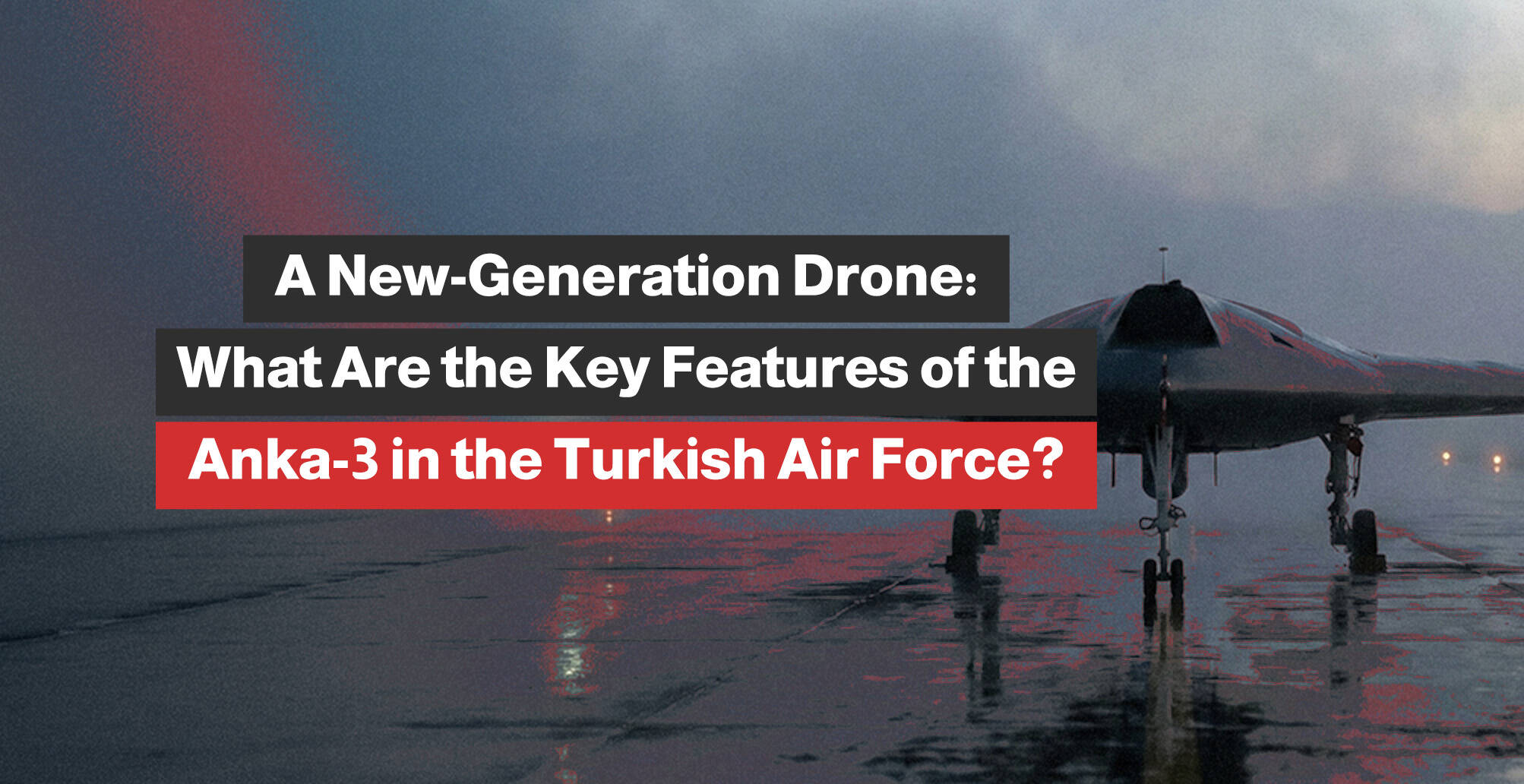How Did the Paris Olympics Expose Paris’ Poverty and Pollution?

While the global media spotlight remained fixed on the Olympic events, the social cleansning of Paris was far from the public eye.
Paris, celebrated as the host of the 2024 Olympics, will be remembered for its display of athleticism and international unity.
However, this narrative conceals a darker truth—a city where the marginalized bear the cost of a grand event.
As the Games intensify this week, a less visible scene unfolds beyond the glittering arenas: a war against the poor.
Paul Alauzy of Doctors of the World, speaking to The Nation, said: "The Olympic City is hell for the poor. In the middle of it, you have an Eden [the Olympics]. Everyone wants to participate. They’re watching it, but they can’t get in."
Shameful Tradition
This grim reality is part of a shameful Olympic tradition, where working-class and impoverished communities are forcibly displaced to clear the way for the Games—a practice seen in cities like Seoul in 1988, Atlanta in 1996, Beijing in 2008, and Rio de Janeiro in 2016.
Melora Koepke, a geographer whose research focuses on displacement, poverty, and drug use, and who splits her time between Paris and Vancouver, Canada, highlighted the heightened repression faced by those deemed "undesirable" in public spaces. “This repression,” she explained, “was accelerated because of the Olympics.”
The magazine underscored the clear disparity between the opulent Paris Olympics—where tickets to the closing ceremony at Stade de France command prices of 1,600 euros—and the marginalized sectors of French society.
This stark contrast was illuminated during a night of fieldwork with a team from Médecins du Monde.
The team, consisting of a doctor, two translators, and two outreach specialists, ventured into Bobigny in Saint-Denis, an area north of Paris that Olympic organizers had promised would benefit from hosting the Games.
As they navigated through dense underbrush into the forest, the team encountered several migrant camps, yet none of the promised benefits.
Outreach workers noted that the Olympics had complicated their efforts, pushing those they sought to help further into the shadows, making them harder to reach.
In its initial stops, the team encountered no one seeking medical assistance—a first in six years of fieldwork, according to Allouzi, who noted that this absence was, in itself, telling.
Many sought refuge in a tunnel beneath a bridge, where tents were pitched precariously between a fence and a road teeming with fast-moving traffic. For these migrants, the Paris Olympics were not a cause for celebration, but a curse.
As the night wore on, dozens of migrants, mostly unaccompanied minors from Africa—primarily Ivory Coast and Guinea—gathered around, seeking medical help.

“Social Cleansing”
The magazine pointed out the contrast between the ideals praised in the Olympic Charter—values like “educational value, social responsibility, respect for internationally recognized human rights and universal fundamental ethical principles”—and the quiet, unheralded work of the Médecins du Monde team.
While the global media spotlight remained fixed on the Olympic events, this team was embodying those principles far from the public eye.
Human rights activists in Paris have described the displacement that preceded and intensified during the Games as a form of “social cleansing.”
Alauzy, who also serves as a spokesperson for the activist group ‘The Other Side of the Medal,’ explained that in Paris, social cleansing operates through a dual logic of dispersal.
“In Paris, the social cleansing can be understood with a double logic of dispersion: a dispersion within the Olympic’s city public space, to avoid tent cities, slums, and squats, and disperse the marginalized people, and a dispersion within the whole country, so that to delocalize the unwanted and push the misery away from the Olympic city,” Alauzy said.
Alauzy’s comments refer to so-called “SIS reception centers,” temporary housing facilities located far from Paris in cities like Strasbourg, Lyon, and Marseille.
Police have been relocating homeless individuals, including many migrants who fled violence in their home countries, to these centers.
There, they receive shelter and food for a few weeks, while the government claims the centers are intended to expedite asylum applications and administrative processing.
However, a Paris-area lawyer has criticized the system, describing it as a “deportation waiting room.”
Research by The Other Side of the Medal reveals that over 12,500 vulnerable people were forcibly removed from the streets of Paris last year alone, marking a nearly 39 percent increase from the previous year.
French officials have denied any direct connection between these operations and the Paris 2024 Games. However, an email from a government housing official suggests otherwise, indicating that the goal of these mass evictions from neighborhoods and camps was to “identify people on the streets near the Olympic Games sites” and deport them before the Games began.
River Pollution
Another disaster that emerged during the Olympics was the Seine River. After France invested nearly 1.4 billion euros in cleaning up the Seine River, declaring it fit for swimming competitions during the upcoming Olympics, the city of Paris has faced a setback.

Recent heavy rains have caused a surge in pollution levels as sewage water flowed into the river, raising concerns about the safety of the water for athletes.
Tests conducted in mid-June revealed alarming levels of E. coli and enterococci bacteria in the Seine, far exceeding the safety limits established by international sports federations, as reported by the Associated Press.
According to published data, bacteria concentrations in the river exceeded 1,000 units per 100 milliliters, the threshold set by the International Triathlon Union for open-water swimming.
On some days, these levels surpassed 5,000 units, raising serious concerns about the water quality just weeks before the Olympic competitions are set to begin.
Paris Region Governor Marc Guillaume acknowledged the problem, stating that recent water samples from the Seine do not meet the standards required for the Olympic Games, scheduled to take place from July 26 to August 11.
Due to these concerns, Olympic organizers announced on July 5 that open-water swimming events might be relocated to the Marne River as a backup plan. In the worst-case scenario, parts of the competition could be postponed.
Despite these issues, Paris Mayor Anne Hidalgo recently took a swim in the Seine, attempting to demonstrate the river’s safety. However, her decision to wear a full-body suit during the swim suggested lingering concerns about the water quality.
Leaky sewage systems continue to be a major source of contamination. While promises to clean the Seine have been made by French politicians for decades—most notably by the late President Jacques Chirac when he was mayor of Paris in 1988—significant progress has remained elusive.
Sources
- France’s forgotten athletes: As the world tunes in to the Olympics, many of Paris’ poorer suburbs see little benefit
- ‘We’ll just be left with memories’: can Olympic success help transform the poorest suburbs in Paris?
- Paris Mayor Anne Hidalgo Fulfills Promise to Swim in the Seine Ahead of the Olympics












